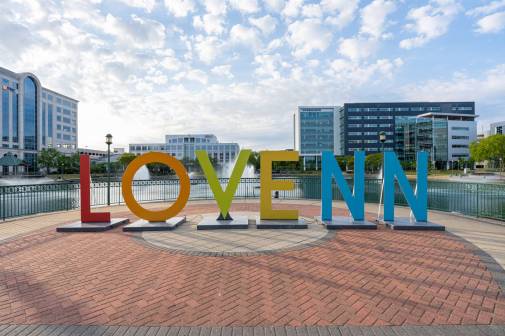16 cities certified for data-driven practices

Bloomberg Philanthropies recognized 16 city governments, including Detroit, Minneapolis and Portland, Oregon, for their work to become more data-driven during the COVID-19 pandemic, the nonprofit announced on Wednesday.
The 16 cities were newly certified by What Works Cities, the philanthropy’s data initiative, as local governments with exceptionally sophisticated data-analysis programs and transparent public-data practices. Only four cities — Austin, Texas; Chattanooga, Tennessee; Detroit; and Gilbert, Arizona, received the group’s gold certification, the second tier in its platinum-gold-silver system. The remaining twelve cities received silver certification.
What Works Cities launched the certification program in 2017 as a way for cities to measure their progress in implementing data-driven practices against a set of standards.
Three other cities — Cambridge, Massachusetts; Memphis, Tennessee; and Phoenix — raised their certification levels from silver to gold. No new cities met the criteria to reach platinum certification, which requires meeting at least 38 of the 45 different data governance standards set by What Works Cities. Currently, only Los Angeles and Louisville have achieved that distinction.
“City leaders are using data to understand and support the needs of residents like never before,” Michele Jolin, CEO and co-founder of Results for America, a civic organization partnering with the What Works Cities initiative, said in a press release. “Throughout the COVID crisis and a historic reckoning with racial injustice, mayors have relied on data to identify and narrow racial gaps, and to make smarter investments that increase opportunity for all their residents. These cities are testing new solutions and measuring what works, rebuilding trust in government by engaging with their residents, and using evidence and data to drive faster progress on their toughest challenges.”
Cities granted certification also earn assistance from civic- and technology-focused organizations that What Works Cities partners with — civic data centers at Harvard University and Johns Hopkins University, as well as public-policy firms — and a customized assessment that highlights a city’s opportunities for improvement. The 254 cities that have participated in the program have received more than $84 million in training, coaching and technical assistance since 2015, according to Bloomberg Philanthropies.






